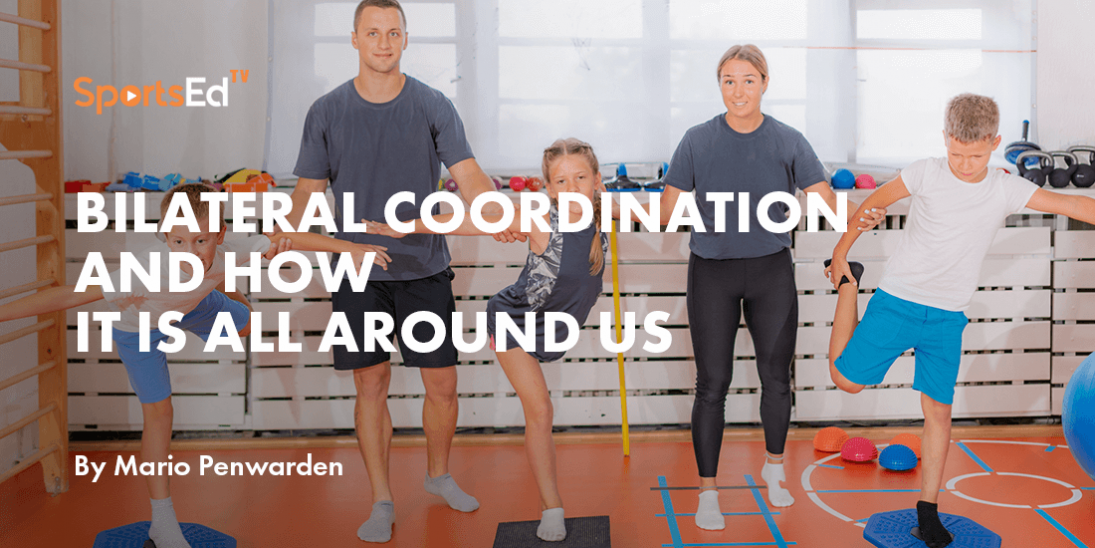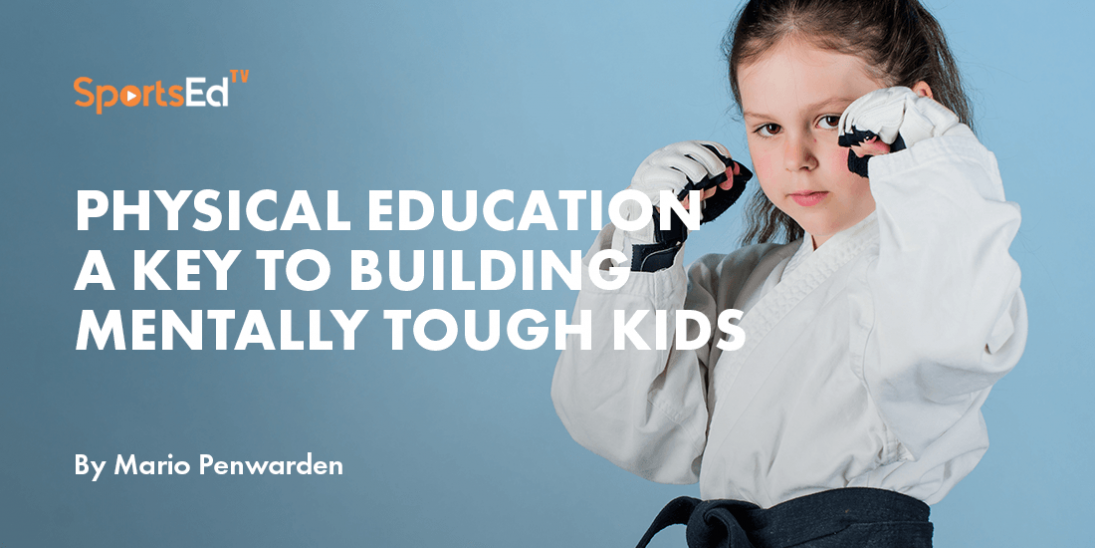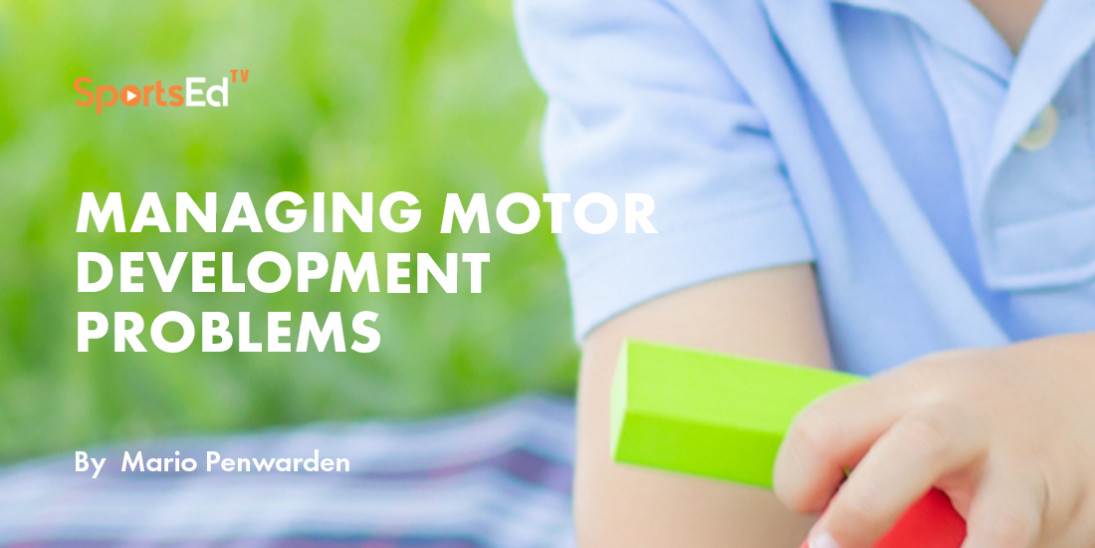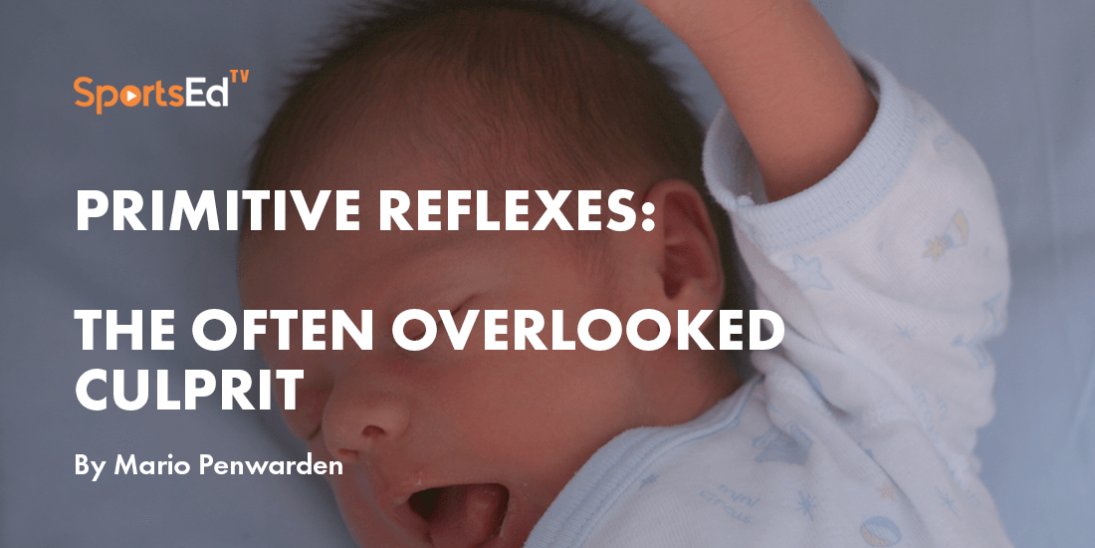Physical Education
Welcome and thanks for visiting...

Exercise the ‘Self-prescribed’ ADHD Medicine
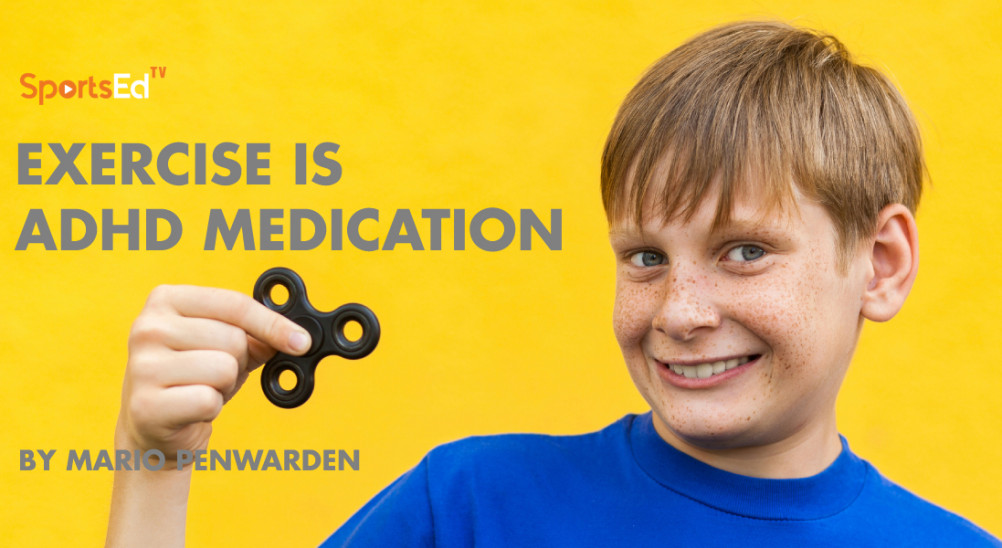
The prevalence of ADHD (Attention-Deficit/Hyperactivity Disorder) in young children has been a hot topic in recent years. With ADHD diagnoses steadily increasing throughout the last decade, the question of why this is happening needs to be asked and the various treatments and supportive aids need to be considered.
While the exact cause of ADHD has still not been confirmed, early research indicates that it might be related to a dysfunction with the neurochemical dopamine. What we do know is that exercise encourages the production of the neurochemical’s serotonin, norepinephrine, and dopamine in the brain. It also produces endorphins, which are the so-called “feel good” chemical in the brain - also commonly referred to as nature’s antidepressant. So, can exercise then have a positive effect on the ADHD brain? Researchers and specialists in the area certainly seem to think so. According to leading experts in the field there are definite improvements in cognitive function, but the problem is that the positive effects usually only last for a few hours after the training session.
In order to optimize the benefits of exercise for children with ADHD one needs to understand how to structure an exercise program and carry knowledge of the benefits of different types of exercises. Sport can sometimes be a real struggle for children who have ADHD symptoms for several reasons. Children with ADHD symptoms often gets bored quite easily, it is thus important to promote participation in multiple sports in order to keep the child engaged at all times. This will help to beat the boredom of doing the same sport every day. Team sports can also be a problem for some children, but this can vary between individuals. Functioning within a larger group might become very challenging especially for those who are prone to sensory sensitivity. Aerobic exercise like running, cycling or even circuit work such as CrossFit and fitness bootcamps, will aid in increasing neurotransmitter levels. It also aids in getting rid of excess energy and improves fitness levels and strength.

Another benefit exercise has is the role it plays in assisting the brain through fitness. The ADHD brain is often overactive, cluttered and sometimes impulsive. It struggles to pay attention and the alertness is often not there. When the body is not fit and strong enough to cope with everyday physical demands, it creates another distraction for the already distracted ADHD brain. When simple everyday tasks, like sitting at a table, standing in a line, and maintaining a proper posture becomes a laboured process, the brain must give a higher level of attention to the body. If the body is not strong enough to maintain a good, seated posture for example, then the brain will constantly be engaging in shifting, adjusting, and correcting the body. Controlling the body will now, subconsciously, receive higher level engagement and will lead to the brain not being able to give enough attention to the task at hand, hence leading to attention and concentration problems. A fit body will therefore free up the brain to focus on more relevant tasks. This will have a long-term positive effect on the academic process and will also help with the regulation process of the brain.
Exercise will most certainly never replace pharmaceutical drugs and their role in aiding children with ADHD. It will however help the child to cope with the symptoms of ADHD, assist in building their self-esteem and self-worth, and it will promote a healthy lifestyle. It will also offer children a safe and effective outlet for not only frustration and built-up energy, but also allowing them to express themselves through sport and teach them to form strong relationships through social interaction and contributing as part of a team. If building the character of a child through perseverance and the success of reaching goals, and creating those feel-good moments, even if it is of a temporary nature, is the only impact exercise has on ADHD, I reckon it is still a win for ‘nature’s antidepressant’.

